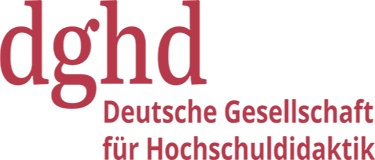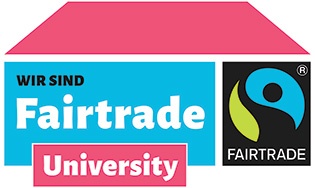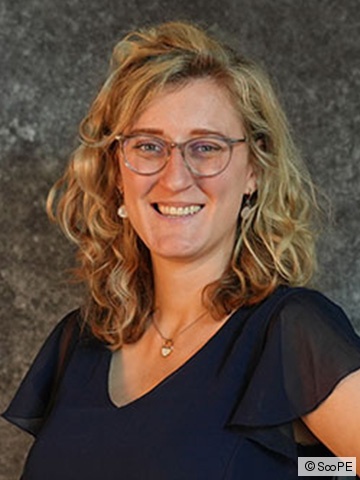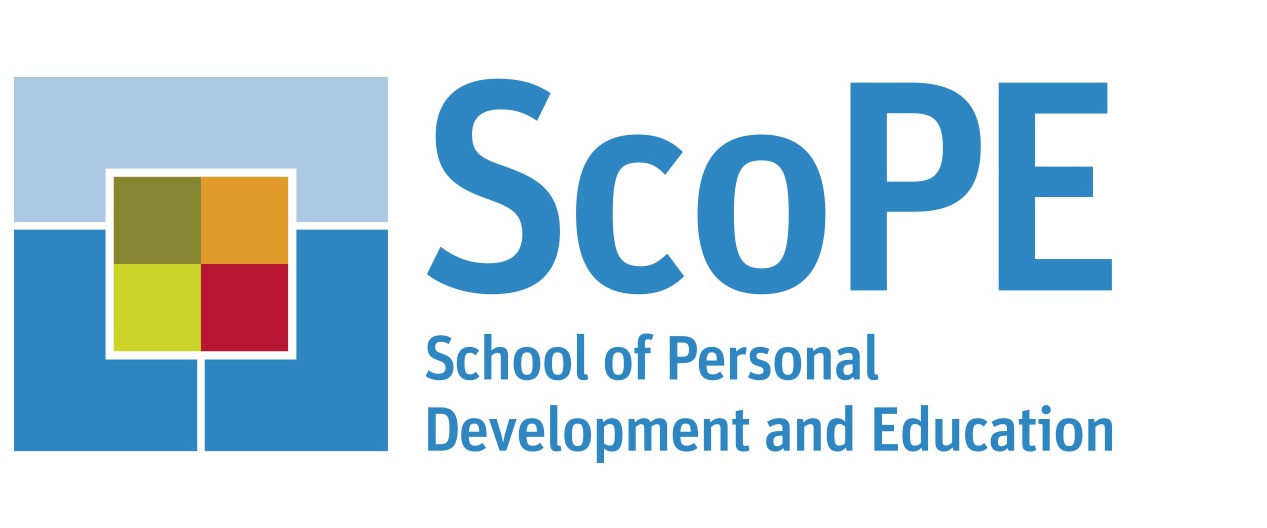Conference of the German Association for University Didactics (dghd) 2025

Theme: "Key Competencies and University Didactics: Building Blocks for Transformative Higher Education"
To what extent do personal developments influence societal transformations, and how can societal change processes be addressed in terms of their impact on individual personal development? Against this backdrop, the focus is on the following key topics, among others:
- Societal Responsibility
- Personal Development
- Democracy Education
- Sustainability
- Artifical Intelligence
Registration opens on December 15, 2024.
The link to the Conference Tool (German only).
Program overview
The daily program (only German) can be found in the PDF file. All registered participants can view the detailed program in the Conftool, where an individual session program can also be created.
Mensa menu
Lunch in the canteen is already included in your participation fee, there are no additional costs for you. A number is printed on the back of your name badge, which you can show at the cash desk.
You will be shown the current Mensa menu here shortly before the start of the event.
Further Information
The Participation costs are as followed:
- For dghd members: €70 participation fee
- For non-members: €120 participation fee
- For students and doctoral candidates: €50 participation fee
- Participation is free of charge for freelancers and members of Frankfurt UAS
- The participation fee for the Conference Dinner is €30
We have reserved single and double rooms (approximately 300 rooms in total) at four hotels for you. Bookings for these contingents can now only be made directly with the providers listed below.
- Ruby Louise Hotel Frankfurt
Public transport: Approx. 25 minutes to the university
Booking code: FRA24032522
https://www.ruby-hotels.com/de/destinationen/frankfurt/ruby-louise
- B&B Hotel Frankfurt City-Ost
Public transport: Approx. 20 minutes to the university
Booking code: 1143342
https://www.hotel-bb.com/de/hotel/frankfurt-city-ost
- Best Western IB Friedberger Warte
Tram line 18: Direct connection to the university in 10 minutes
Booking code: dghdKonferenz
reservierung(at)ibhotels.de
- City-Hotel Bad Vilbel
Bus line 30: Direct connection to the university in 15 minutes
Booking code: SCOPE25
https://cityhotel-badvilbel.de
- Turm Hotel
Tram line 12 or 18: Direct connection to the university in 20 minutes
Booking code: DGHD2025
https://www.turmhotel-fra.de
01.06.2024: | Publication of the Call for Submissions |
15.06.2024: | Start of the submission phase |
15.08.2024: | Deadline for all submissions |
| August - September 2024 | Review by the program committee and assignment to reviewers |
15.09.2024: | Start of the review process |
01.11.2024: | End of the review process |
| November - December 2024 | Feedback on submissions and creation of the preliminary program |
13.12.2024: | Start of registration for the conference |
| 15.12.2024: | Publication of the preliminary program |
24. - 28.03.2025: | dghd Annual Conference 2025 |
Prof. Dr. Stefan Braun, Frankfurt UAS
Prof. Dr. Panagiotis Kitmeridis, Frankfurt UAS
Dr. Sabrina Engelmann, Frankfurt UAS
Hannah Lutz-Vock, Frankfurt UAS
Dr. Björn Kiehne, Technical University of Berlin
Dr. Angelika Thielsch, German Association for Higher Education Didactics
Dr. Nerea Vöing, University of Paderborn
Claudia Walter, BayZiel - Bavarian Center for Innovative Teaching
Prof. Dr. Tobina Brinker, Society for Key Competencies in Teaching, Research, and Practice e.V.
Heike Kröpke, Society for Key Competencies in Teaching, Research, and Practice e.V.
If you require childcare during the conference, please register with the Balu und Du team by 01 February 2025. To arrange childcare, provide details about the age of your child(ren) as well as the scope and type of care needed by sending an email to:baluunddu(at)scope.fra-uas.de.



